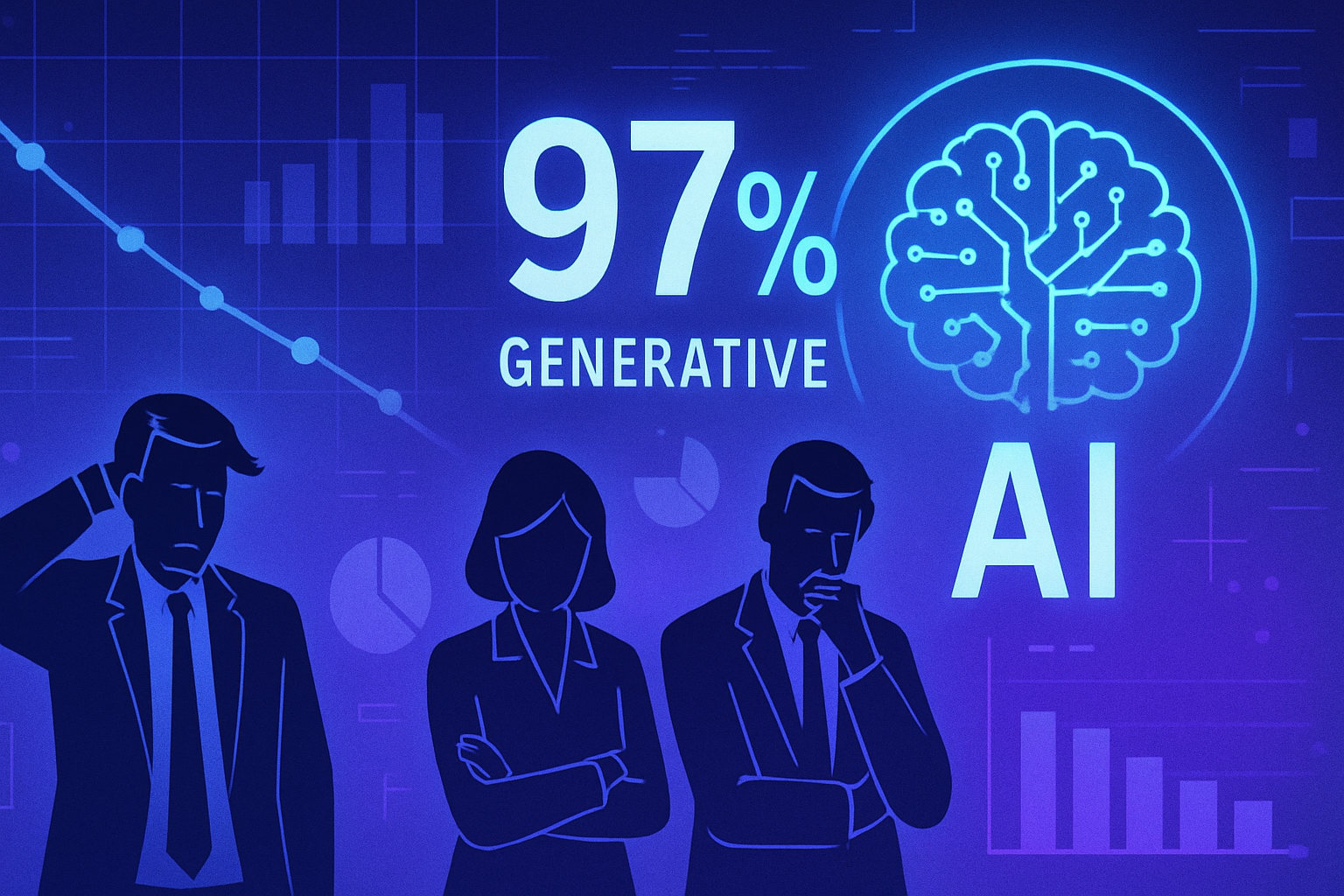Money must serve the mission at Wikimedia, a fundamental principle ingrained in the organization’s DNA. Lane Becker, president of Wikimedia LLC, embodies this unique vision where *the pursuit of knowledge* meets an innovative business model. The accessibility of data represents a major issue in light of the rise of artificial intelligence. Becker emphasizes the need to maintain a balance between volunteer engagement and financial sustainability. The mission to provide free access to knowledge transcends mere commercial considerations, shaping a future where human expertise harmoniously coexists with technological advancements.
Wikimedia LLC and its accessible mission
Lane Becker, president of Wikimedia LLC, announces that the goal remains to enable maximum access to knowledge, regardless of the context. The Wikimedia Foundation, a nonprofit organization, oversees projects such as Wikipedia while relying on the dedicated work of volunteers. Becker leads Wikimedia LLC, a profit-driven company dedicated to providing data services to businesses eager to reuse Wikimedia’s content.
Balance between monetization and accessibility
At the heart of recent discussions, Becker highlighted the complexity of combining monetization with the mission of free access to knowledge. Unlike most businesses where revenue prevails, Wikimedia must remain true to its value proposition. Charging for access to its data for certain companies poses a challenge aimed at preserving their goal of sharing knowledge.
This sustainable replenishment model presents a unique perspective: revenue generation should never take precedence over the fundamental mission of sharing information. Becker is optimistic about the future of Wikimedia, which, despite its financial needs, respects the calling for universal access to knowledge.
Data access strategies and relationships with technology giants
Wikimedia LLC has developed a simple model for data access, distinguishing itself from traditional sales practices. This takes the form of “pipes” connecting businesses to content rather than traditional licenses. Becker emphasizes that its data is already protected by Creative Commons licenses, ensuring equal access for users.
Large tech companies, seeking to accelerate their data acquisition processes, find in Wikimedia a partner poised to meet their specific needs. Becker specifies that their role is to speed up access to information while maintaining the required ethical standards.
Impact of AI on the Wikimedia ecosystem
The rise of artificial intelligence (AI) has institutionalized an increasing interaction between Wikimedia and AI models. As content providers for these systems, language processing platforms significantly integrate information from Wikipedia. Becker underscores the necessity of establishing rules for content attribution and respecting intellectual property in order to preserve the ethics of generated content.
Wikimedia remains vigilant to ensure that companies exploiting its data adhere to attribution and explainability requirements. Becker expresses concern about the non-ethical use of data without attribution, which could jeopardize the organization’s economic model.
Perspectives for contributor engagement
For now, Wikipedia’s traffic remains stable, according to Becker. This contrasts with other companies often impacted by AI. Wikimedia maintains unique ties with its users, illustrated by the commitment of its volunteer contributors.
Rather than fearing that AI might replace human contributions, Becker envisions this tool as a support to enhance the efficiency of editors. The goal remains to highlight the content generated by humans, without abandoning the oversight of the editorial community, which collectively examines the use of AI.
The open-source approach as a strategic foundation
Becker connects his practice to the open-source experiences he has accumulated throughout his career. This experience reinforces his commitment to free access to knowledge. Even the revenues generated by Wikimedia must serve this mission, rather than becoming an end in itself. The model is based on the active participation of volunteers and contributions from small donations.
Wikimedia LLC is part of the ambitious strategy of the 2030 movement, aimed at a more decentralized ecosystem. Becker mentions their fundamental role in generating revenue to support the growth of Wikimedia projects, even in less-covered languages, but without exercising control over the spending decisions of these funds.
Transparency, an essential value
Transparency remains a central value for the organization. Becker discusses initiatives for data traceability within artificial intelligence models. Advanced regulation in Europe prompts Wikimedia to be concerned with ensuring transparency that does not harm the viability of its economic model.
Lacking visibility on the use of their data could have negative repercussions. Becker emphasizes the importance of directing users to their site to maintain a relationship of trust and preserve Wikimedia’s economic model, which is crucial for its future sustainability.
Medium-term risks for Wikimedia
Becker identifies a major risk: the inability to maintain the balance between necessary funding and volunteer engagement. If the platform fails to attract new contributors or if its visibility decreases, the impact on the economic model would be dire. The continuity of their operation depends on the dynamism of their editorial community and the unwavering support of their users.
Frequently asked questions about money serving the mission at Wikimedia
What is the main objective of Wikimedia according to Lane Becker?
Wikimedia aims to ensure that as many people as possible have access to knowledge, regardless of their environment or context.
How does Wikimedia LLC balance monetization and the mission of free access to knowledge?
Wikimedia LLC charges certain companies for access to its data, but it aligns with the mission of sharing knowledge, striving to make this economic model sustainable.
What is the difference between traditional data sales and Wikimedia’s economic model?
Wikimedia does not sell data licenses but offers quick access to its information in the form of “pipes” for companies while respecting existing Creative Commons licenses.
How does Wikimedia ensure attribution and transparency regarding the use of its data by AI models?
Wikimedia ensures that any use of its content respects attribution principles, aiming to provide users with the best possible experience in third-party environments.
What impacts has generative AI had on traffic and engagement of Wikipedia contributors?
So far, Wikimedia has not seen a decrease in traffic or volunteer engagement, distinguishing it from journalism content companies.
What role could AI play in the future of contributions to Wikipedia?
Wikimedia sees AI as a tool that can support human contributors by helping them be more efficient, but not as a replacement for human contributions.
How does Lane Becker’s experience in open source influence Wikimedia’s strategy?
His experience drives him to prioritize free access to knowledge, ensuring that the revenues generated support this mission rather than being the primary engine.
What is the main risk that Wikimedia faces regarding its economic model?
The principal risk lies in the difficulty of maintaining the balance between volunteer engagement and funding, which could affect the sustainability of the economic model.
How does Wikimedia LLC contribute to supporting projects in lesser-represented languages?
Wikimedia LLC generates revenue that is used to fund the growth of various Wikimedia projects, particularly those in less-covered languages.






